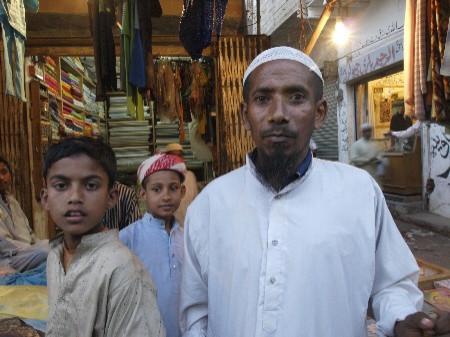UN Warns of Plight of Millions of Stateless People in the World

The United Nations has warned that about 12-million people across the world have no citizenship of any country and consequently suffer from a denial of basic human rights.
The problem is growing worse because children of stateless parents are themselves stateless.
The UN said the problem is most acute in South East Asia, Central Asia, Eastern Europe, the Middle East and Africa.
Without citizenship or permanent resident papers, stateless people are vulnerable to a large number of problems – for example, they’re often restricted from owning property, getting legally married or opening up a bank account. In worse cases, the stateless can be detained indefinitely since they cannot prove who they are or where they come from.
Prominent stateless people include the Rohingya people of Burma. An ethnic Muslim minority, thousands of Rohingya have fled brutality and oppression in Burma for neighboring Bangladesh. However, Bangladesh seeks to deport them back to Burma.
Perhaps the most famous stateless people in the world are the Roma of Eastern Europe. Typically called ‘Gypsies,’ the Roma are a diverse, nomadic group of people who originated in India and have lived in Europe for centuries.
These people are in desperate need of help because they live in a nightmarish legal limbo, said Antonio Guterres of the UN High Commissioner for Refugees (UNHCR).
Apart from the misery caused to the people themselves, the effect of marginalizing whole groups of people across generations creates great stress in the societies they live in and is sometimes a source of conflict.
As a result, the UN is calling on more countries to sign up to Conventions that guarantee some basic rights for the stateless.
At present, only 66 nations are signed up to the 1954 Convention which entitle stateless people to minimum standards of treatment; and only 38 states have agreed to the 1961 Convention which allows for provides a legal framework to help states minimize statelessness.
After 50 years, these conventions have attracted only a small number of states,'' Guterres noted.
It's shameful that millions of people are living without nationality - a fundamental human right.
© Copyright IBTimes 2025. All rights reserved.





















